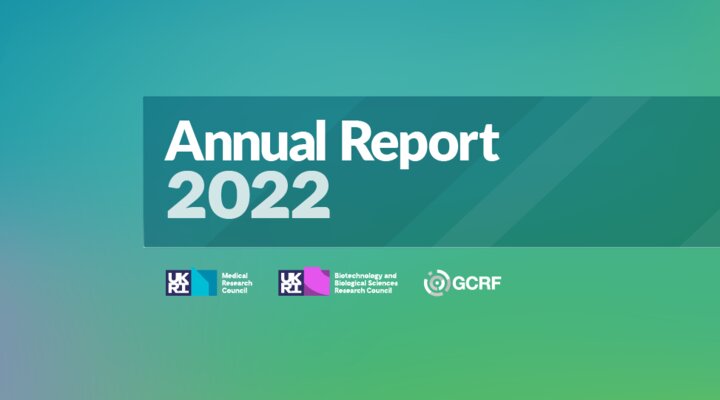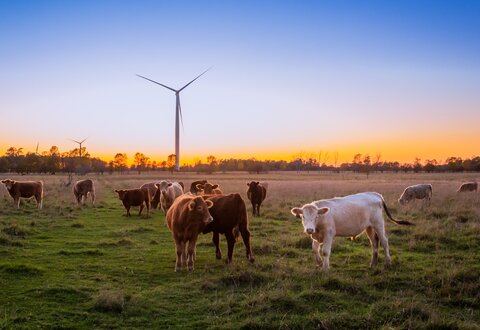Background
The International Veterinary Vaccinology Network is a global community of scientists and industry partners focusing on developing vaccines against important animal diseases.
Livestock agriculture is crucial for the economies of many low- and middle-income countries (LMICs), with the livelihoods of 1.7 billion people supported by the industry. Nutrient-rich and high-value livestock and fish products also play major roles in sustaining global food security and combatting malnutrition, and demand for these products is increasing as populations grow.
Veterinary diseases have devastating effects on livelihoods, animal welfare, human health and LMIC economies. Vaccines are the most effective means for combatting these diseases – but for many diseases, effective vaccines are either yet to be developed or are not reliably available where and when they are needed.
Developing and deploying a vaccine is a complex process that requires knowledge from a wide range of disciplines from epidemiology to immunology, and from industrial biotechnology to economics. There are often technical and logistical obstacles and bottlenecks, and these require the skills of multiple international specialists to overcome. Opportunities for establishing these important collaborations can be limited for many veterinary diseases, especially those relevant to LMIC settings.


